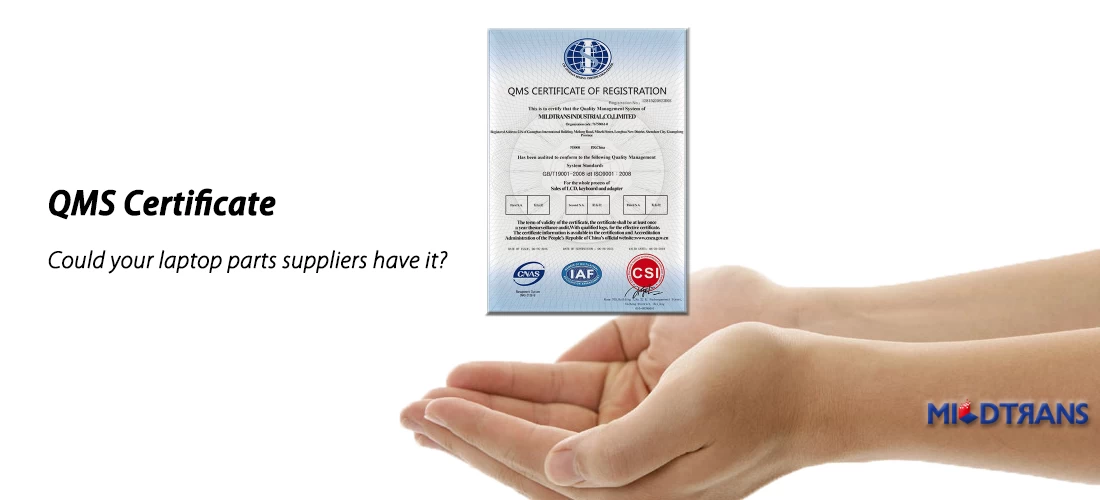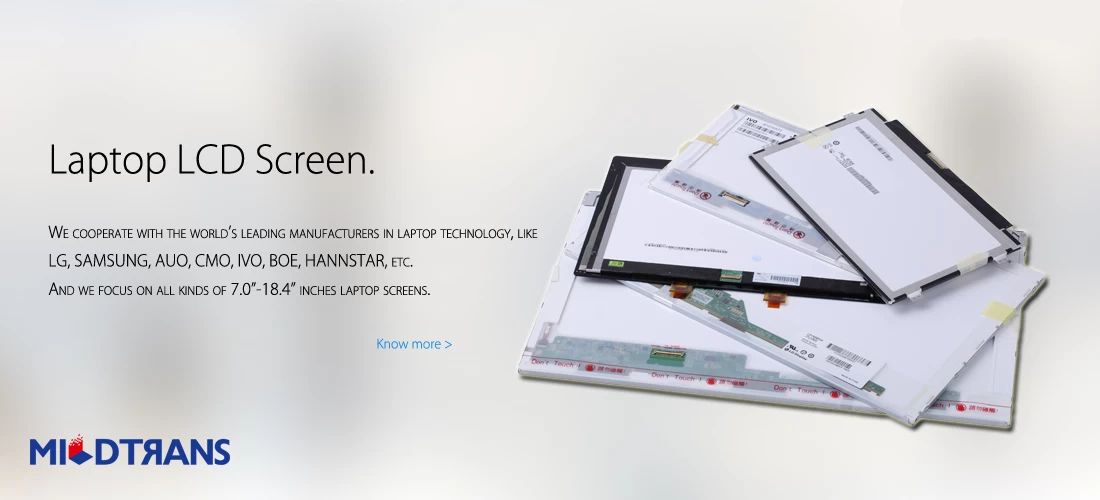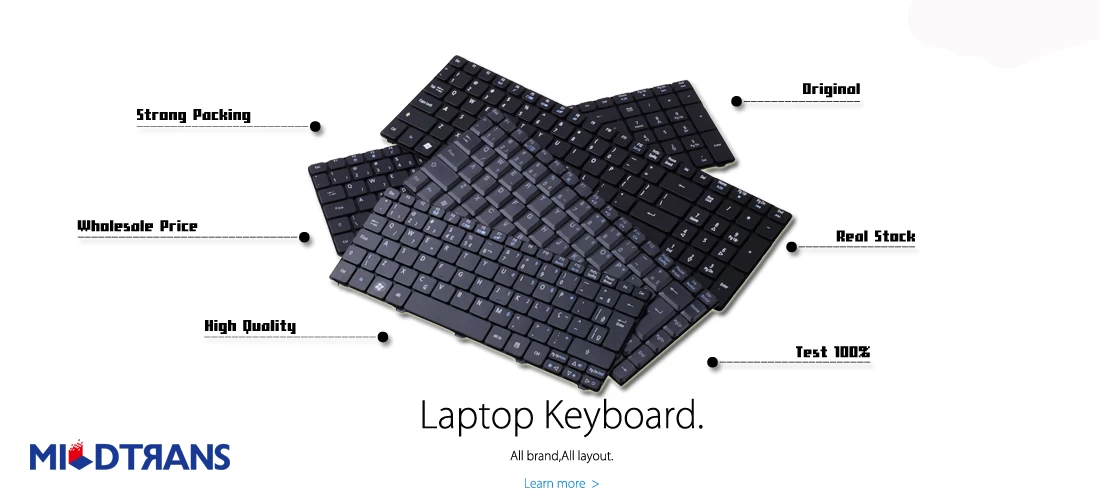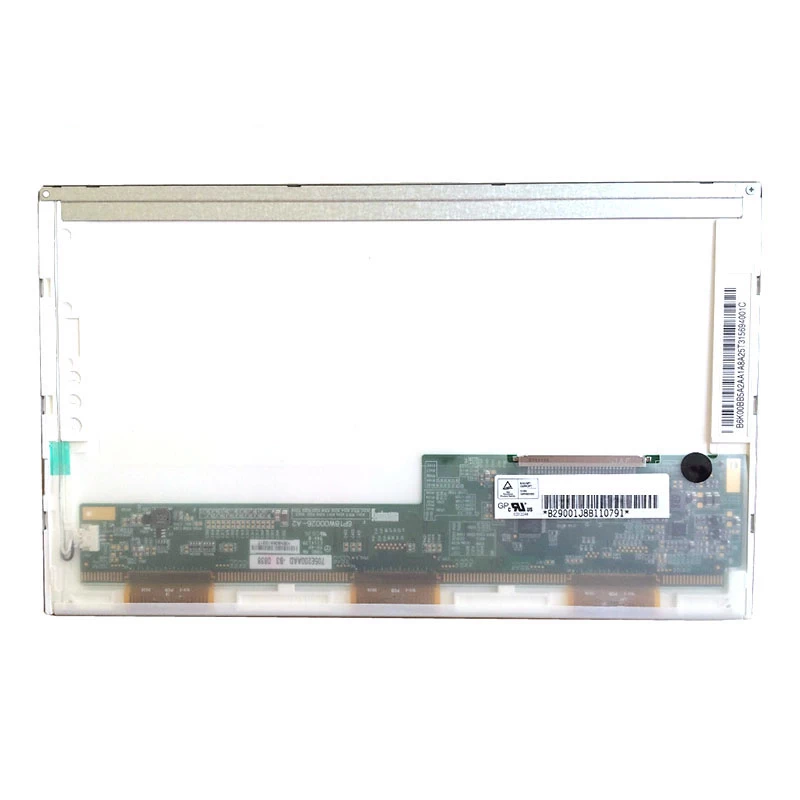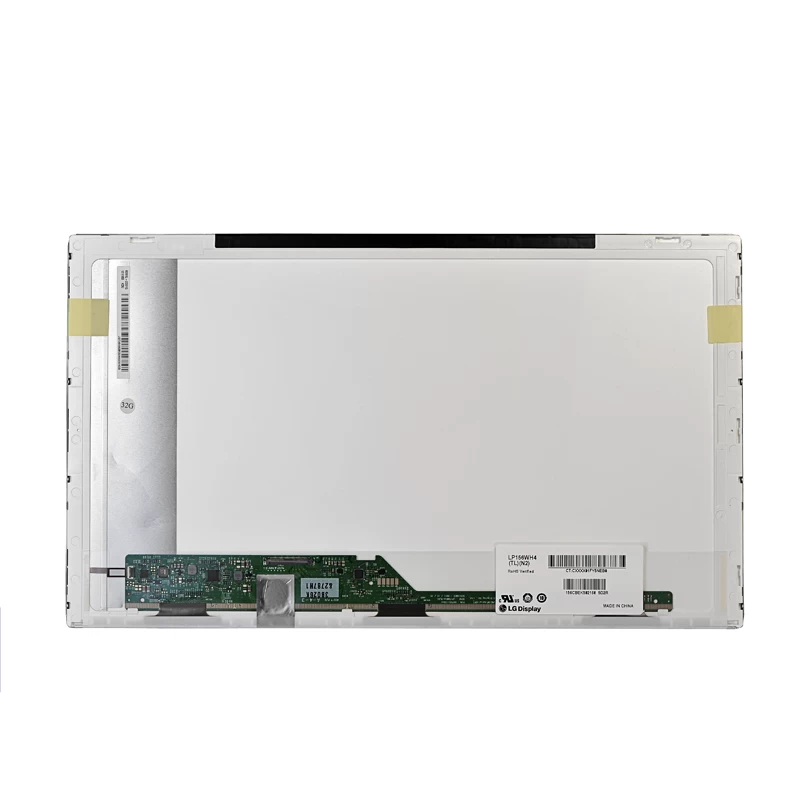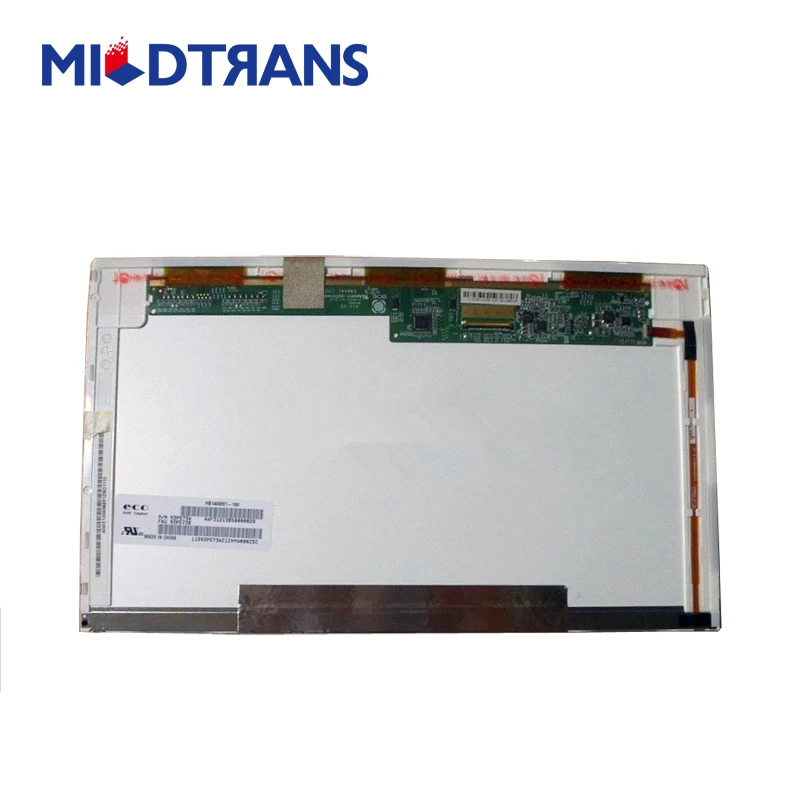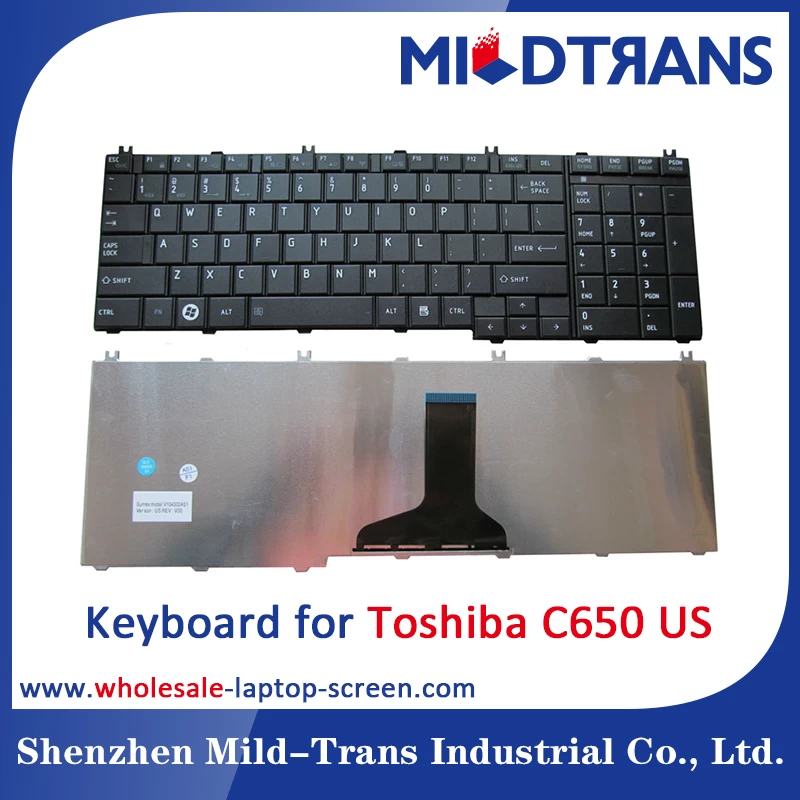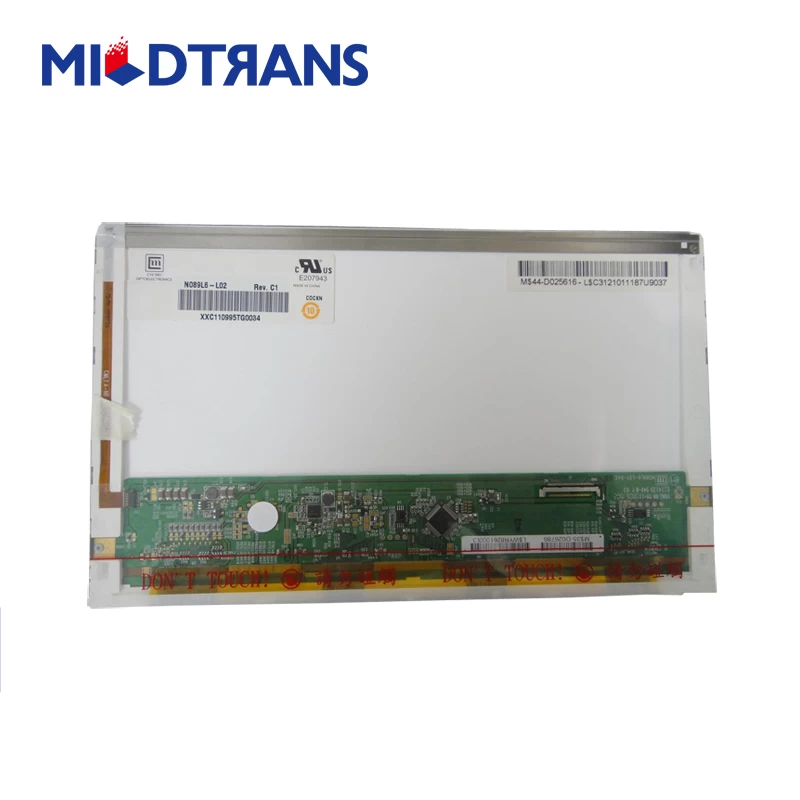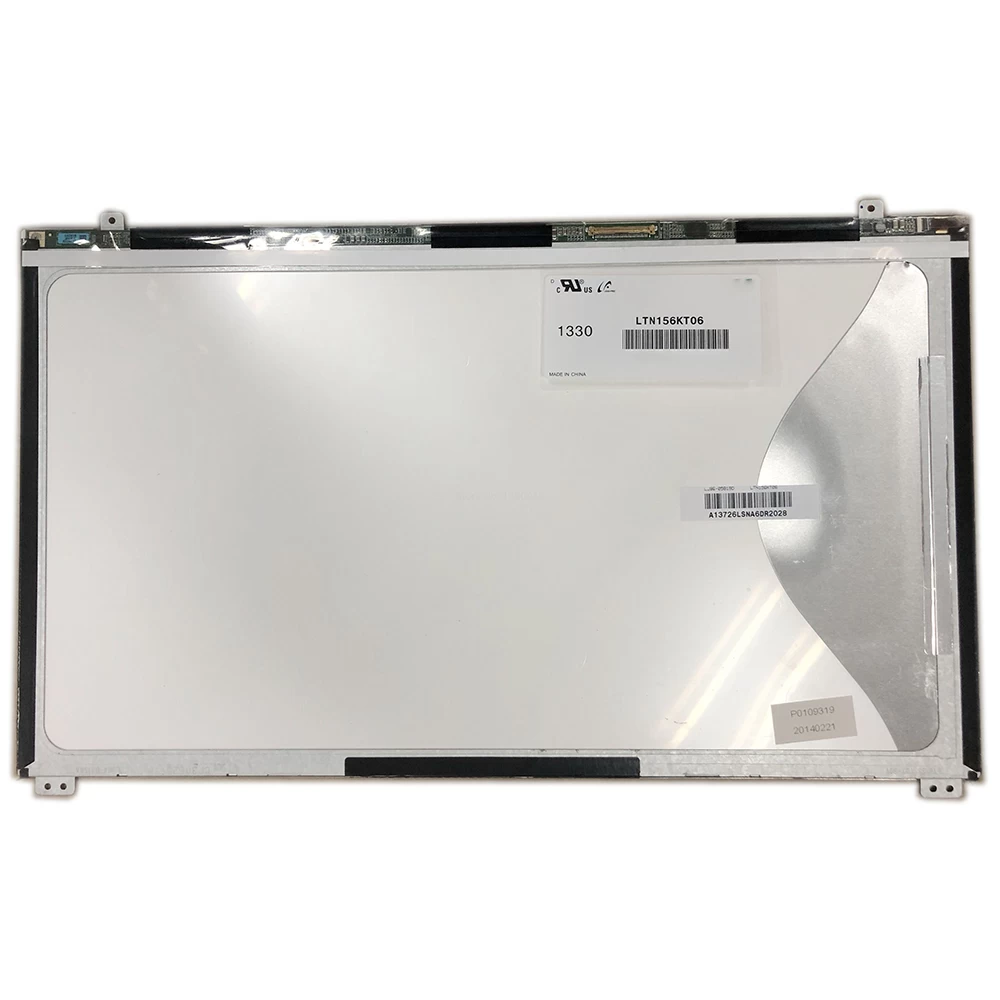Mechanical hard drive can not die Seagate shipments record
Mildtrans-Wakin
wholesale-laptop-screen.com
2017-10-25 17:06:49
Mechanical hard drive can not die Seagate shipments record
Nearly two years with the popularity of SSD, mechanical hard disk era immediately ending the sound has been there. But with the price of solid-state hard drive all the way higher, although this voice appears less and less frequently, but it is undeniable that the mechanical hard drive will soon disappear in the argument has been widely recognized by the public.
But is that the case? Seagate announced the latest issue of earnings, Seagate quarter net income of $ 181 million, gross margin of 28%, revenue of $ 2.6 billion.
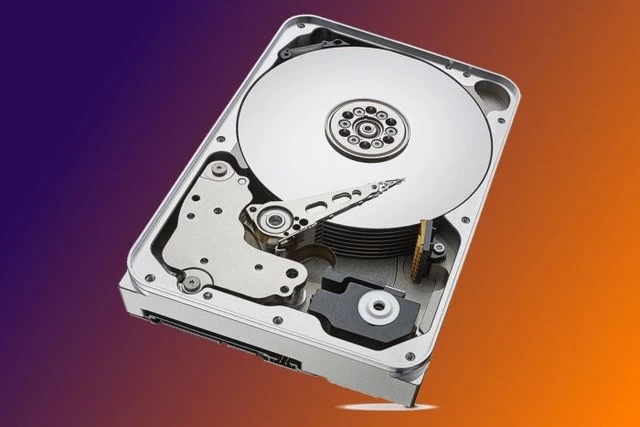
Seagate hard drive shipments set a historical record
Seagate CEO said Seagate's shipments on mechanical hard drives have hit record highs. But did not publish the relevant shipping information, such as the total shipments, different capacity of the hard disk shipments and so on.
To promote the phenomenon of recovery of mechanical hard disk phenomenon, I am afraid it is inseparable from the solid-state hard drive prices all the way up the situation. In addition, the public now has a relatively high capacity requirements. Such as the game, the capacity has been running 100GB go, coupled with high-definition movies, solid-state hard drive capacity really can not meet the use.
And business users for 12TB products are also more interested, I believe Seagate shipments increase this also has a relationship.

